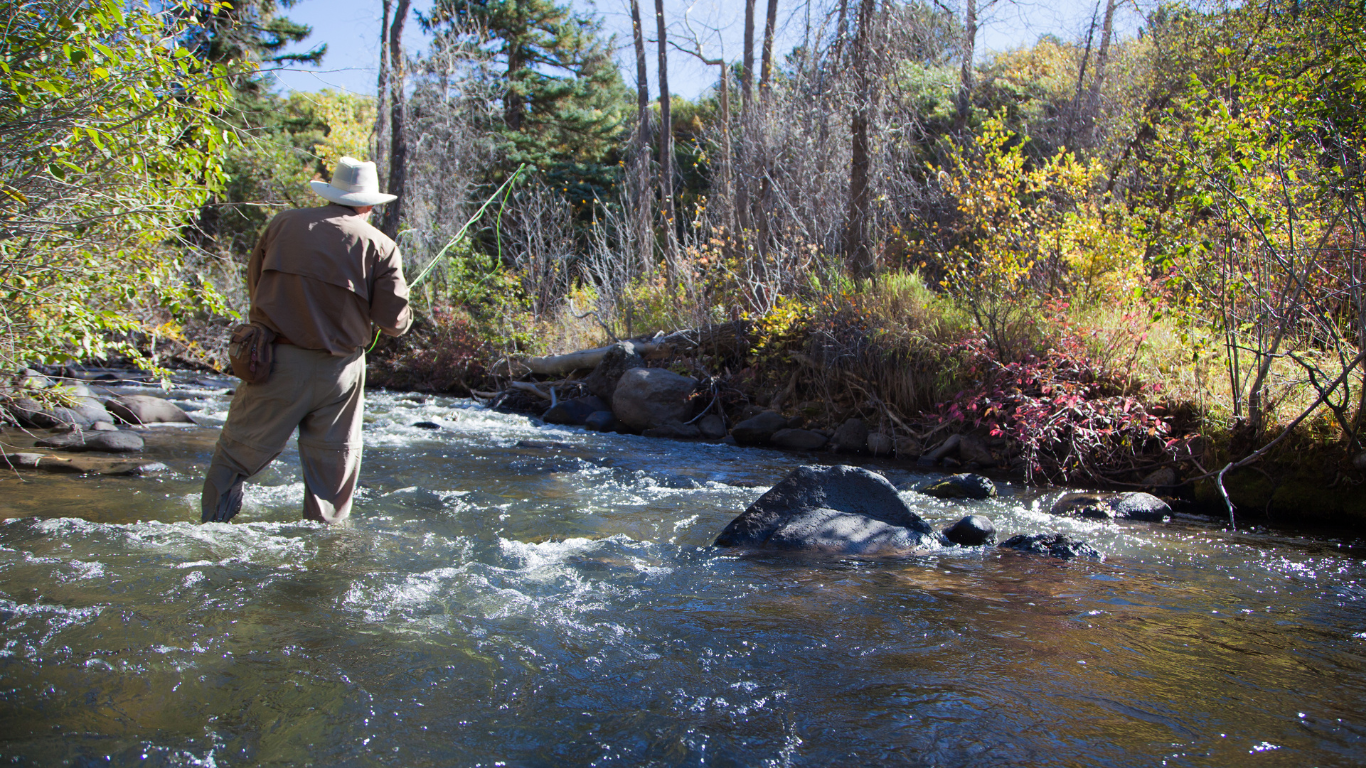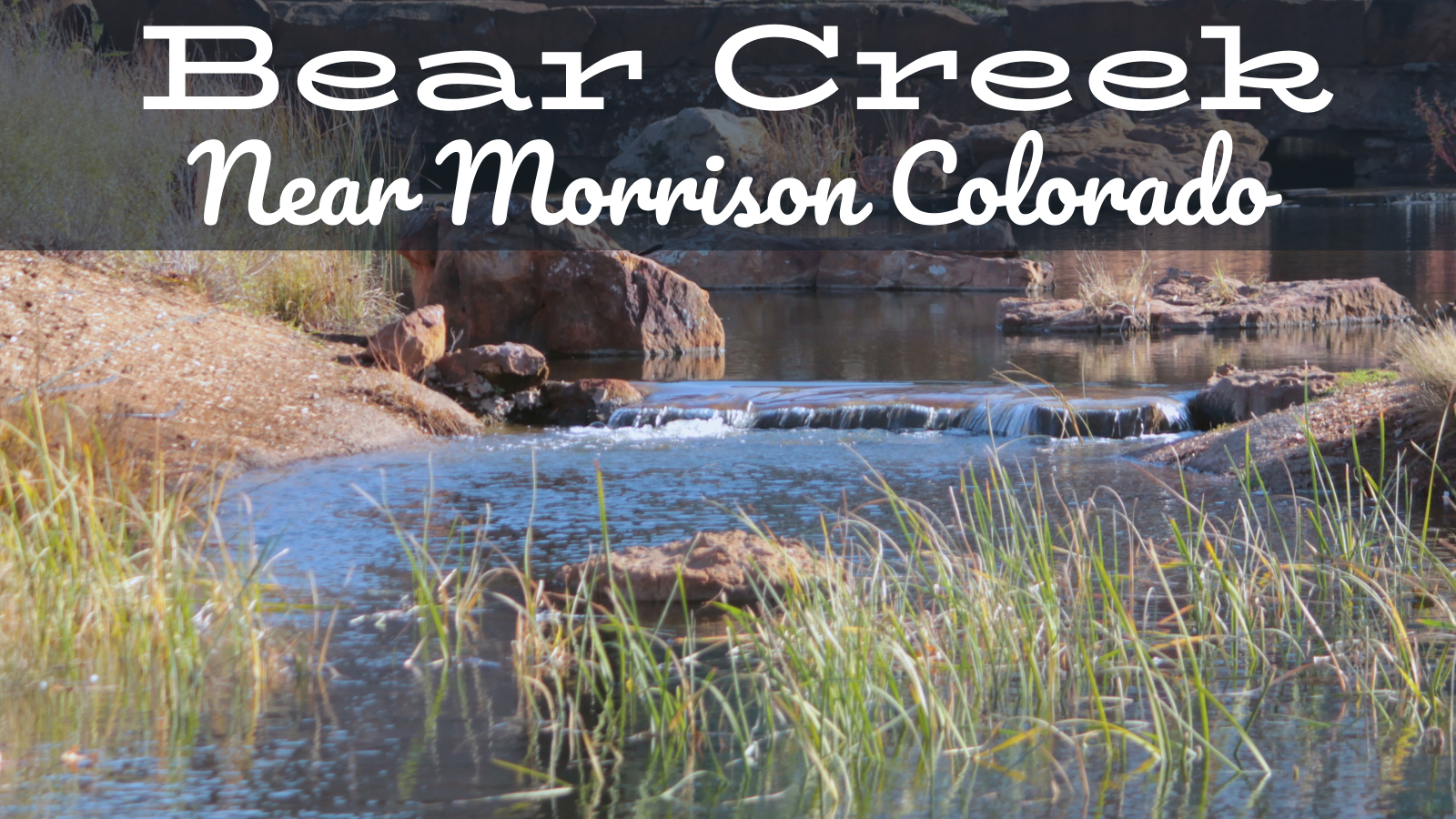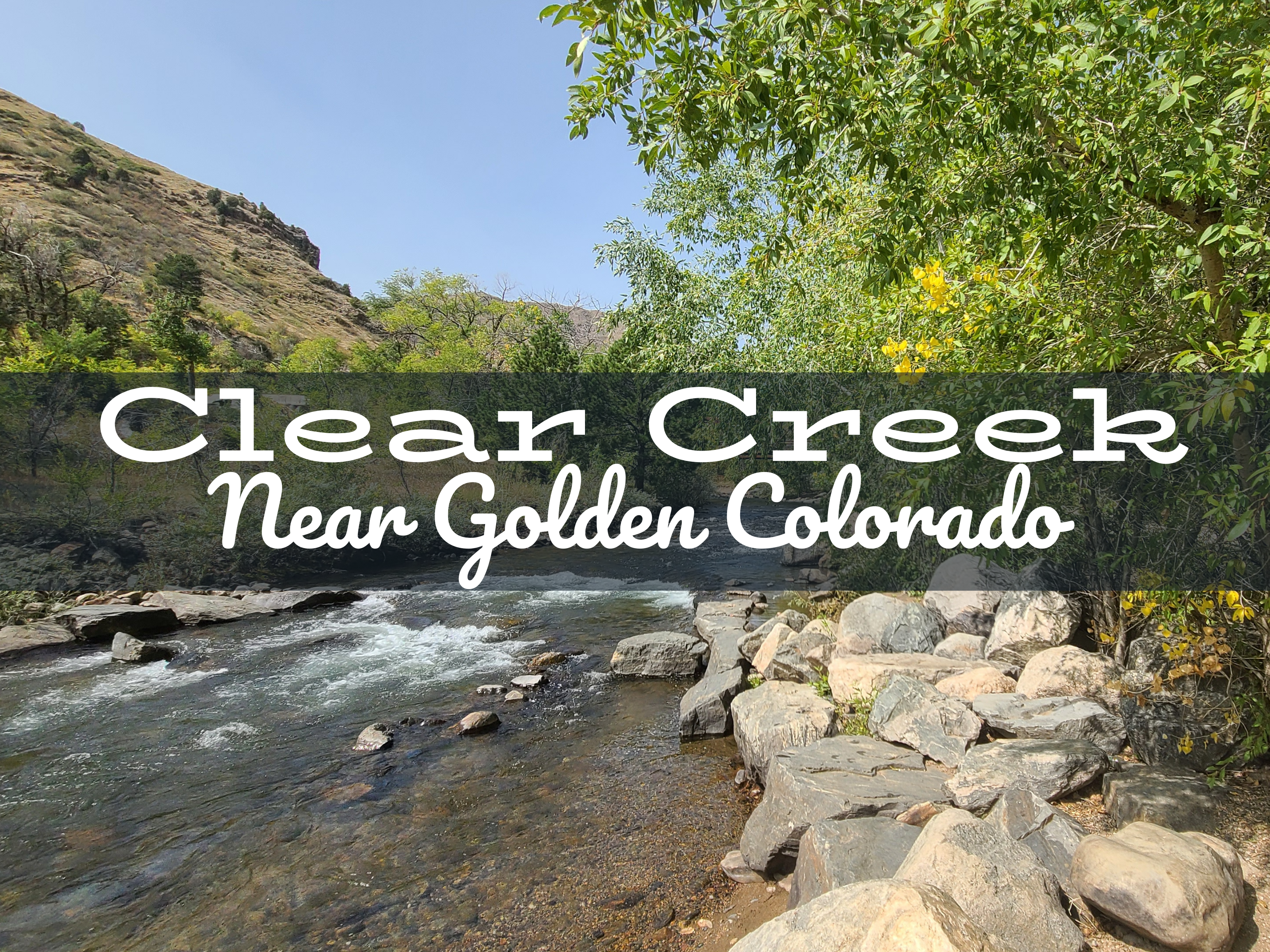Colorado is renowned for its stunning scenery and crystal-clear streams, making it a fly-fishing paradise for anglers of all levels. Whether you are a seasoned angler or a beginner, there is always something new to learn when it comes to fly fishing in Colorado. By discovering the best locations, tips, and techniques during the peak season, you can ensure a successful and memorable fishing experience.
During the peak season, the rivers and streams of Colorado are teeming with trout, and with the right knowledge and skills, you can catch the biggest and most prized fish. Expert anglers can guide you through the latest tips and techniques, from casting to fly selection, to help you catch the fish of your dreams. They can also reveal the hidden gems and idyllic fishing spots that are off the beaten path, where you can take in the breathtaking scenery and escape from the hustle and bustle of everyday life.
Overall, fly fishing in Colorado during peak season is an experience like no other. It offers a unique opportunity to connect with nature, learn new skills, and catch some of the biggest and most beautiful trout in the world.
The Best Fly Fishing Spots in Colorado
Colorado is home to some of the best fly fishing spots in the country. From the high alpine lakes to the rushing rivers, there is something for every angler. Some top spots include the Arkansas River, the Gunnison River, and the South Platte River. These rivers are known for their abundance of trout and stunning scenery. Whether you're a beginner or an experienced angler, these spots will surely provide an unforgettable fly fishing experience.
Another great spot to check out is the Roaring Fork River. This river is located near Aspen and is known for its large rainbow and brown trout. The Fryingpan River is another popular destination for those looking to catch trophy-sized trout. Other notable spots include the Blue River, the Yampa River, and the Rio Grande. No matter where you choose to fish in Colorado, you're bound to find fantastic fly fishing opportunities.
Gear and Equipment Essentials

The right gear and equipment is necessary before heading out on your fly fishing adventure in Colorado.
- Fly rod and reel: A 9-foot fly rod with a weight of 5-6 is a good all-around choice for Colorado rivers.
- Fly line: Choose a weight-forward floating line for most situations.
- Leaders and tippet: Carry a variety of leader lengths and tippet sizes to match the conditions and fish you'll be targeting.
- Flies: Stock up on a selection of dry flies, nymphs, and streamers to cover different hatches and fishing scenarios.
- Waders and boots: Invest in a good pair of breathable waders and sturdy boots with felt or rubber soles.
- Accessories: Don't forget to pack essential accessories like a fly fishing vest, nippers, forceps, and a landing net.
Having the right gear will significantly enhance your fly fishing experience in Colorado and increase your chances of success.

Understanding the Hatch and Fly Selection
Fly fishing in Colorado is a popular activity among fishing enthusiasts. To make it successful, you need to have a good understanding of the hatch and select the right flies. The hatch refers to the time when aquatic insects emerge from the water and transform into flying insects. Different insects hatch at different times of the year, and trout feed on these insects. Matching the hatch means selecting the fly that resembles the insects that the fish are feeding on.
Mayflies, caddisflies, stoneflies, and midges are some of the standard hatches in Colorado. Mayflies are commonly found in the spring and early summer, while caddisflies are prevalent in the summer. Stoneflies are usually found in the early summer, while midges are active throughout the year.
Observing the water and looking for signs of insect activity is crucial in selecting the right fly. You must be keen on spotting insects floating on the water's surface or fish actively feeding. Once you've identified the insects, you need to choose flies that closely resemble them in size, color, and shape. It's also a good idea to carry a variety of patterns to cover different stages of the hatch.
For beginners, understanding the hatch and fly selection can be overwhelming. However, with practice and observation, you'll become more confident in your choices. Remember, matching the hatch can significantly increase your chances of catching fish. So, take your time to observe the water and choose the right flies, and you'll have a successful fly fishing experience in Colorado.
Tips for Successful Fly Fishing in Colorado

To make the most of your fly fishing experience in Colorado, here are some tips to keep in mind:
- Research the area: Before heading out, research the specific river or lake you plan to fish. Look for information on fishing regulations, access points, and recommended flies.
- Check the weather: Colorado weather can be unpredictable, so always check the forecast before your trip. Dress in layers and be prepared for changing conditions.
- Practice your casting: Fly fishing requires good casting skills, so practice your technique before your trip. This will help you make accurate and delicate presentations.
- Be stealthy: Trout are easily spooked, so approach the water quietly and avoid making sudden movements. Stay low and use natural cover to hide yourself from the fish.
- Use the proper presentation: Pay attention to the speed and depth of the water you're fishing and adjust your presentation accordingly. Use different retrieves and techniques to entice the fish.
- Practice catch and release: Colorado is known for its conservation-minded anglers, so practice catch and release whenever possible. Handle the fish with care and release them quickly and gently.
Conservation and Ethics in Fly Fishing

As fly anglers, we must practice conservation and ethics to protect the rivers and fish we love. Here are some guidelines to follow:
- Leave no trace: When fishing, pack all your trash, including fishing line and hooks. Dispose of it properly to prevent harm to wildlife.
- Respect private property: Always obtain permission before fishing on private land. Respect landowners' rights and leave the area as you found it.
- Handle fish carefully: Minimize their stress by handling them gently and quickly when catching and releasing fish. Wet your hands before touching them and avoid squeezing or dragging them on the ground.
- Follow fishing regulations: Familiarize yourself with the fishing regulations of the area you're fishing in and abide by them. This includes knowing the size and bag limits and any special regulations for catch and release.
- Educate others: Share your knowledge and passion for fly fishing with others, especially newcomers. Teach them about conservation practices and the importance of ethical fishing.
.png?width=300&height=100&name=Copy%20of%20Rise%20Beyond%20Logo%2012.31.24%20(300%20x%20100%20px).png)
.png)


